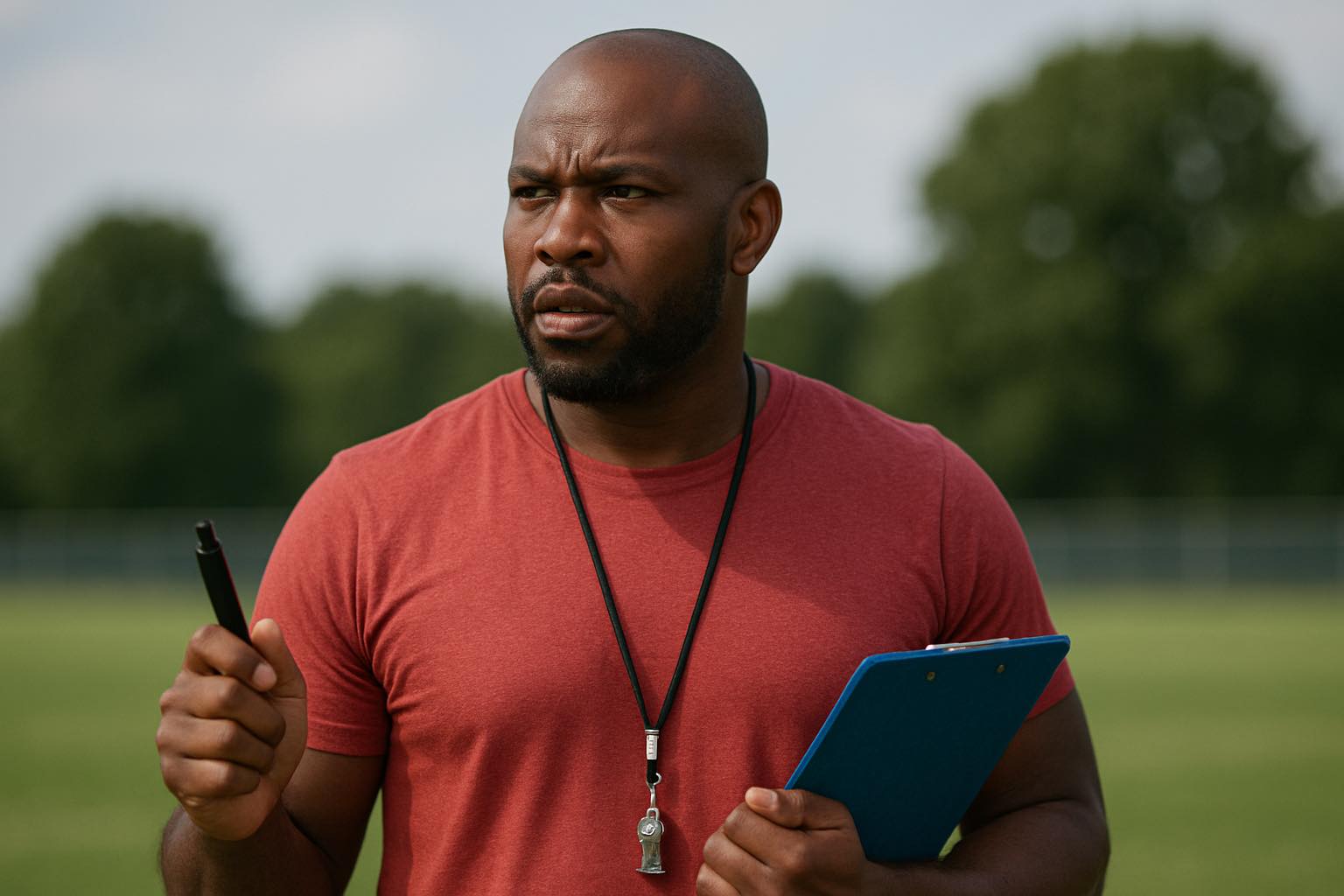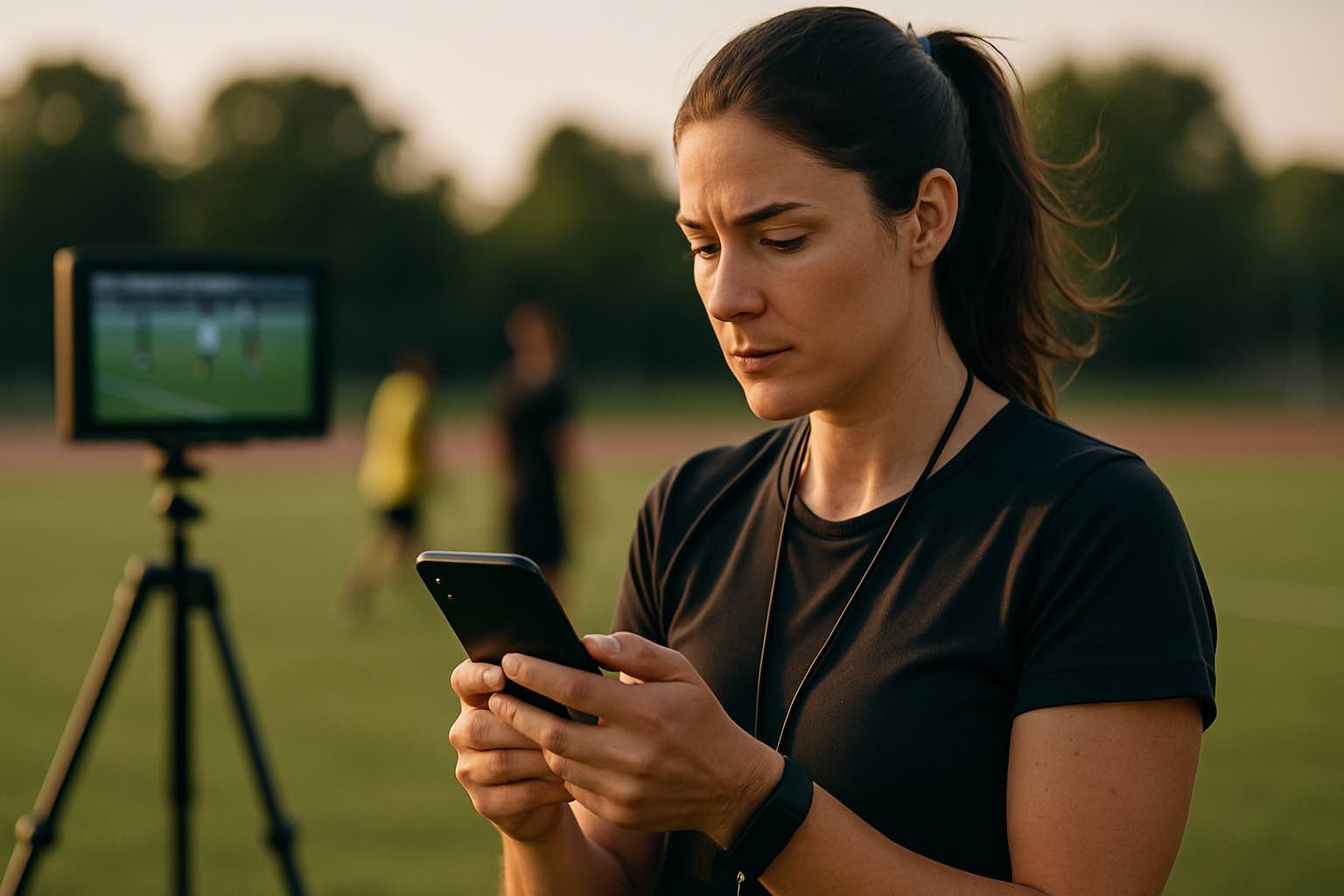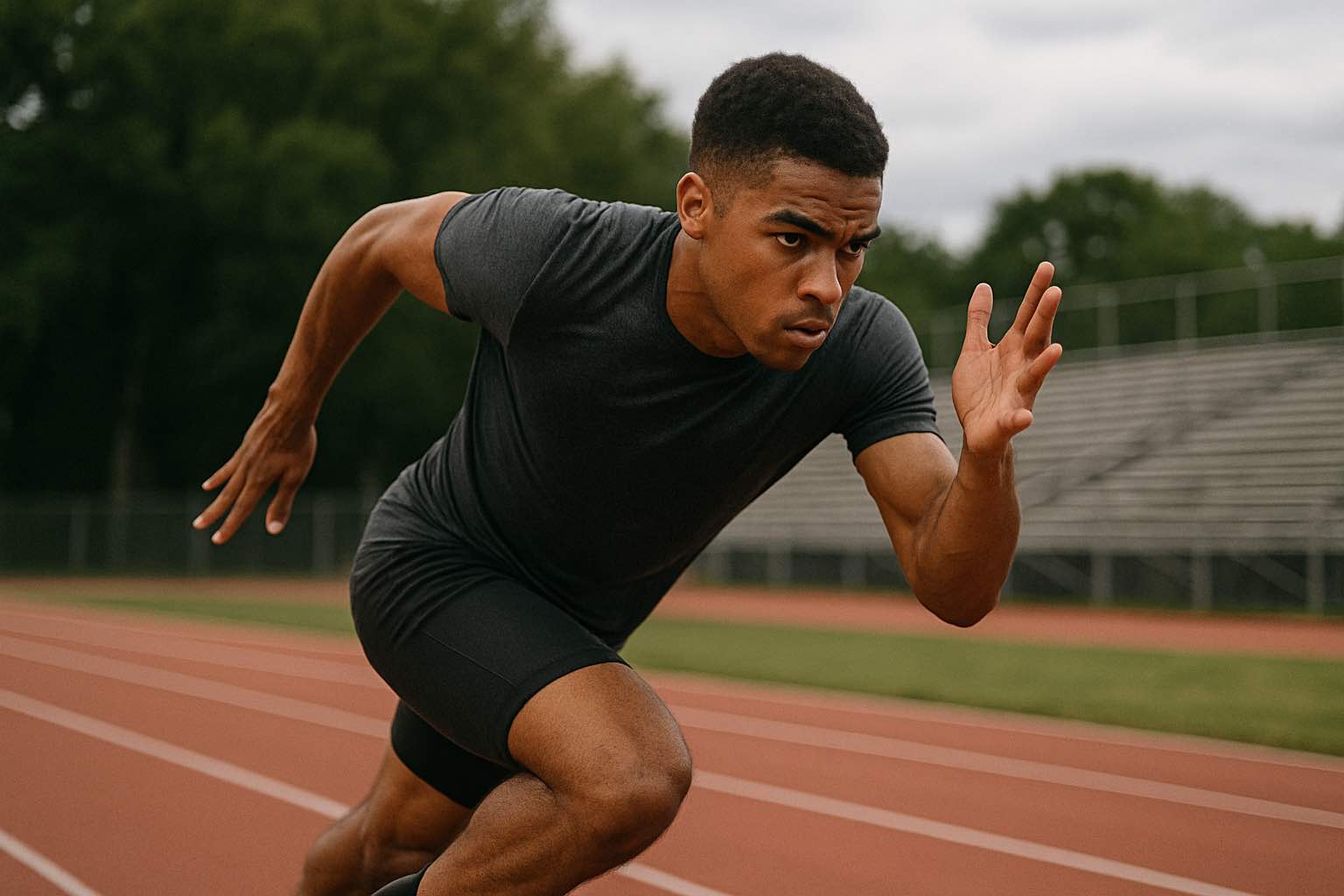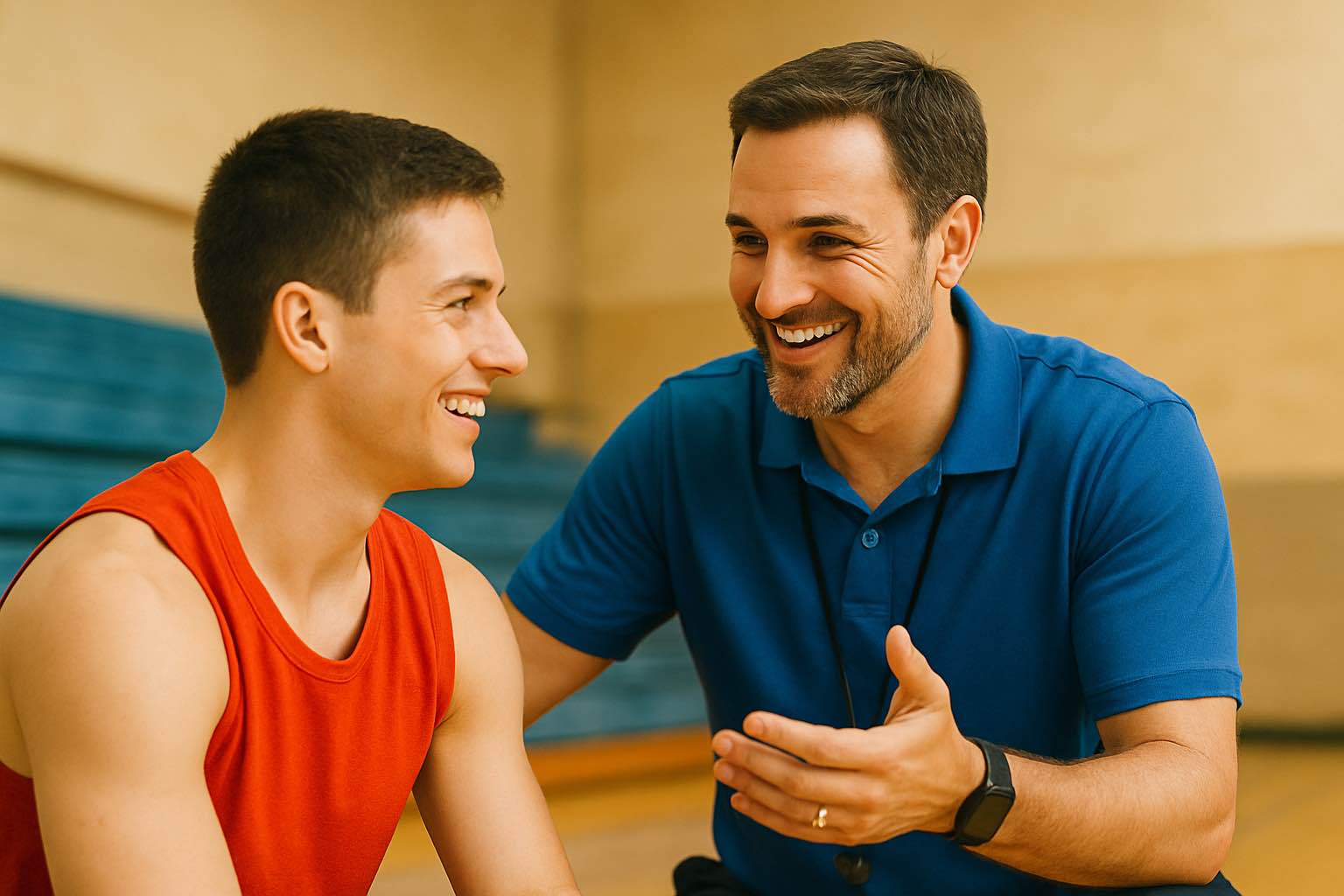Developing Growth Mindset for Athletes: A Coach's Guide
Understanding Growth Mindset in Sports
A growth mindset, pioneered by psychologist Carol Dweck, is the belief that abilities can be developed through dedication and hard work. In sports, this mindset empowers athletes to see challenges as opportunities for improvement rather than obstacles. Athletes with a growth mindset focus on effort and learning, while those with a fixed mindset believe their talents are unchangeable.
The Critical Role of Coaches
Coaches play a pivotal role in fostering growth mindset within their teams. Research shows that coaches who foster a growth mindset create environments where athletes feel inspired to reach their full potential. Effective coaches model growth mindset through their own actions, demonstrating resilience and a willingness to learn from challenges.
Key Strategies for Developing Growth Mindset
1. Praise Effort Over Talent
One of the most powerful ways coaches can instill a growth mindset is by consistently praising effort rather than innate talent. Instead of saying "You're such a natural athlete," coaches should focus on statements like "I'm really impressed with how hard you worked today". This approach helps athletes associate success with effort and dedication.
2. Reframe Mistakes as Learning Opportunities
Creating an environment where mistakes are seen as valuable learning experiences is crucial. Coaches should reinforce that mistakes are inevitable and valuable for development. The Positive Coaching Alliance suggests redefining FAIL as "First Attempt In Learning," emphasizing that mistakes are natural when developing skills.
3. Set Process-Focused Goals
Effective goal setting should emphasize process goals over outcome goals. Process goals focus on incremental progress, improving technique, and enhancing conditioning. For example, instead of "Get better at shooting," coaches should encourage "Increase your free throw percentage by 5% in the next month".
4. Foster Self-Reflection
Incorporating regular self-reflection into team routines empowers athletes to analyze their performance and mindset. Coaches can implement structured reflection activities post-training, helping athletes develop deeper understanding of their emotional responses and stress management abilities.
5. Create Psychological Safety
Establishing a psychologically safe environment is fundamental for growth mindset development. Athletes must feel secure enough to take calculated risks and acknowledge mistakes without fear of repercussions. This environment encourages innovation and open communication.
Practical Implementation
Language and Communication
The language coaches use significantly impacts mindset development. Instead of saying "You're not good at this," coaches should reframe it as "You're not good at this yet," emphasizing potential for growth. Constructive feedback should focus on improvement opportunities rather than what went wrong.
Team Culture Development
Building a team culture that embraces growth mindset requires creating an environment where continuous improvement is the ultimate goal. Coaches should actively create a culture of encouragement where teammates support each other during challenging moments.
Modeling Growth Mindset Behavior
Coaches must demonstrate growth mindset through their own actions. This includes being open about their own learning experiences and challenges, showing athletes that growth is a lifelong process. When coaches share their improvement stories, they set the tone for the entire team.
Measuring Success and Long-Term Impact
To effectively develop growth mindset, coaches need systems for measuring progress beyond traditional performance metrics. This involves creating skills assessments framed as improvement opportunities rather than talent identification. Growth mindset development contributes significantly to building resilience, as athletes understand that setbacks are part of the journey rather than defining obstacles.
Conclusion
Developing growth mindset in athletes is about fostering lifelong learners who approach challenges with confidence and resilience. Coaches who successfully implement these strategies create environments where athletes feel empowered to take risks, learn from failures, and continuously strive for improvement.
The impact extends beyond sports, as athletes develop mental frameworks that serve them in all areas of life. By emphasizing effort over talent, reframing mistakes as learning opportunities, and creating psychologically safe environments, coaches can unlock their athletes' true potential and prepare them for success both on and off the field.



